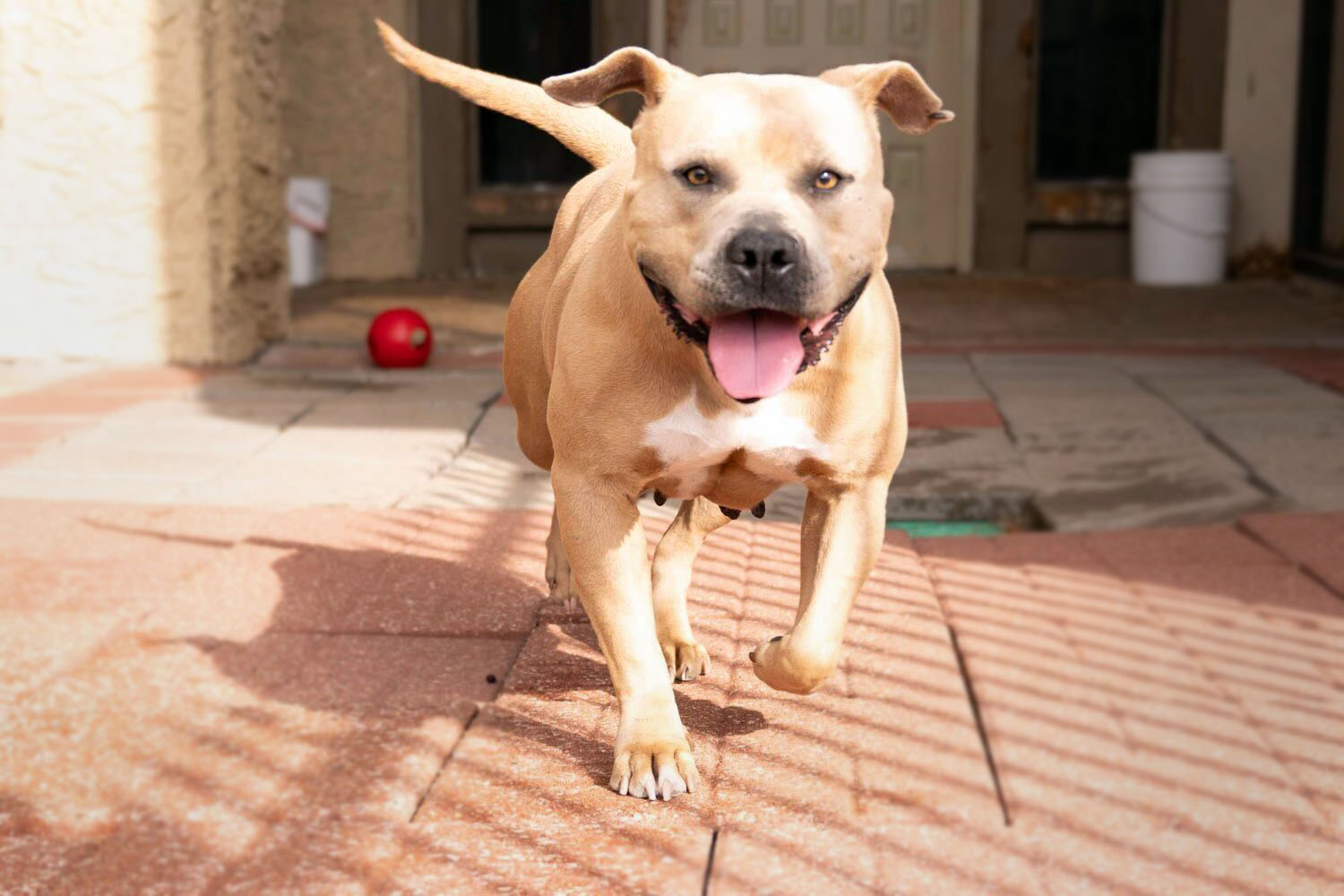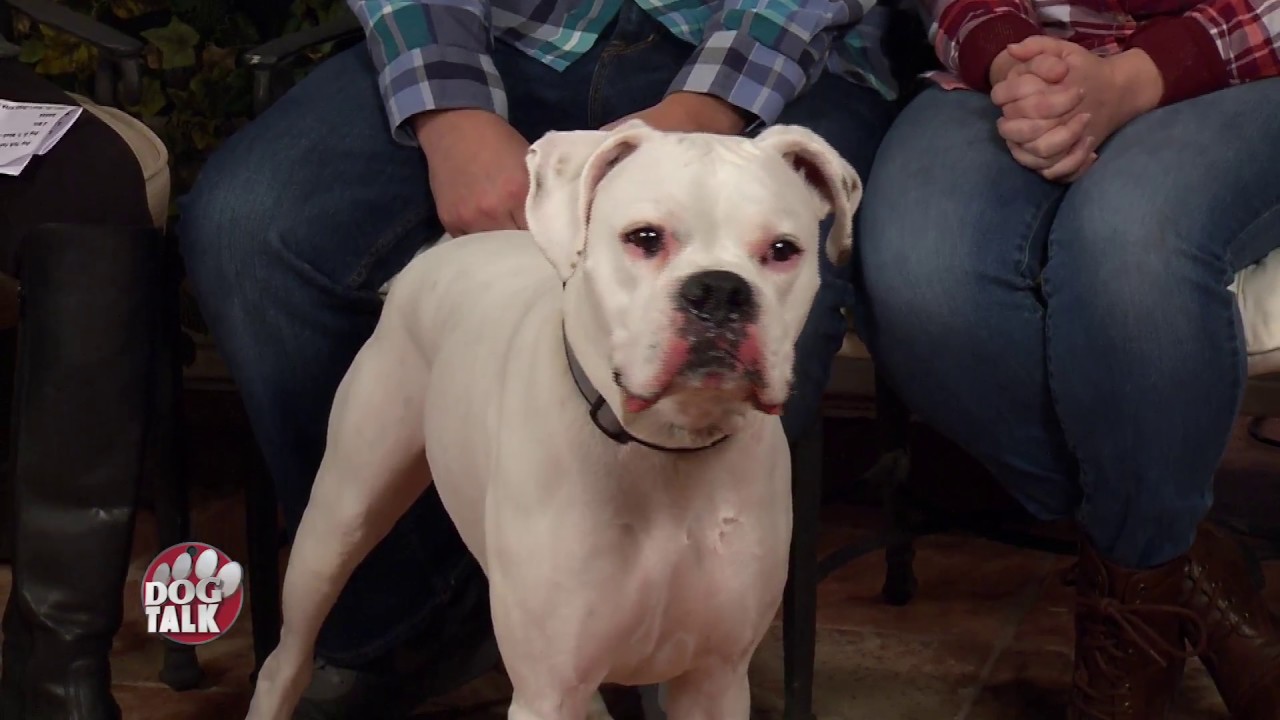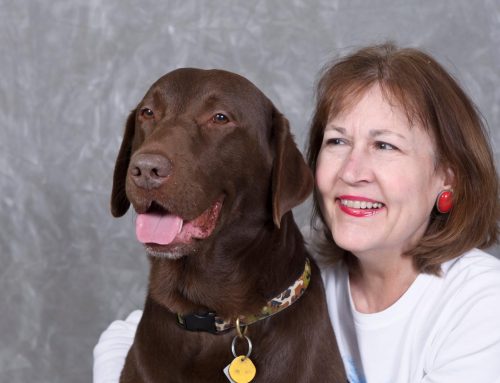Tis The Season!
Another Christmas Season and a time for reflection. This year for those of us who work for Pet Advocacy through our Dog Talk TV Facebook connections, it has been an event for changes and for additions. We are thrilled to have met such super pet people in Arkansas! From our previous experiences in Oklahoma we’ve found so much in common with the rescues, the shelters, veterinary facilities, and other animal organizations In Little Rock and the surrounding areas. The most profound analogous response we received in interviewing the directors, fosters, volunteers and veterinarians in both states is the desperate need for educating pet owners and prospective pet owners to insure a quality life, for the entire length of LIFE for their pets!
What we all acknowledge is the pressing Importance of motivating children, as future pet owners to understand the vulnerability of pets and their dependence on us as care givers. To experience the joy of adding a pet to their lives, kids need to understand the selfless companionship their pets offer. The responsibility of adding a pet to a family should include children in most aspects of pet care. Our pets can teach so much about unselfish commitment. The lack of all of this basic information explains the over crowding of our rescues And shelters.
Most people involved in saving the lives of pets strive for that magic answer to fix the problems we all face to wake up each morning without having to determine which pet we must euthanize because of the lack of space or lack of funds to medically heal an injured pet. How to raise awareness of the continual financial needs of rescues who take pets from shelters and care for them until each pet has the chance for a new forever family and home. Well, I think that we can all accept the fact that there are no magic wands but there is HOPE. I read an article yesterday in the Arkansas Democrat Gazette which really moved me. The article was written by Karen Martin and I’d like to share:
KAREN MARTIN
Arkansas Democrat-Gazette
She is an odd bird. And not just because her name is Carl Cheeken.
Carl’s different because she has a cross beak—the top and bottom don’t align. Viewed from the top it looks a little like an open pair of scissors. Although it’s not necessarily a death sentence, having a cross beak makes it hard for a bird to eat and drink.
So cross-beak chickens are doubly rare. Most people, even those who keep flocks, don’t see many of them. And few people are willing to take on a special-needs bird. There are lots of potential pets out there; not everybody wants to be responsible for an animal that presents challenges.
Lange Cheek isn’t one of those everybodies. Carl is a member of her extensive urban backyard flock, offered to her by the breeder of some of her other birds (among them Silkies like Carl—known for small size, fluffy feathers, and good natures—along with Amaracaunas, Rhode Island Reds, and Mottled Houdans) because he knew that Lange would take care of the little bird, who was five weeks old at the time.
Challenge? What challenge? “She entertains me so much!” says the Hillcrest resident. “Because of her cross beak she has to get her whole face down in the water or food bowl in order to get anything to stay in. So there are days I go out to get her when her whole face is wet, so one can’t help but laugh.”
Most cross-beaks don’t thrive, or don’t get a chance to try. That’s why we’re not familiar with them. Carl (named for her resemblance to Bill Murray’s character in the film Caddyshack, with a last name that echoes that of her owners) is definitely thriving, says Lange. The fuzzy-headed bird visits Hillcrest Animal Hospital monthly, where she’s popular with the staff, to have her beak trimmed (most birds self-trim by scraping their beaks on hard surfaces). She hangs out with the family dogs, naps on the back of a chair in the kitchen while dinner is being made, and charms everyone with her happy little purr.
Lange Cheek isn’t alone. Nearly every morning I cross paths with a young woman walking a handsome tri-colored three-legged border collie gamely hobbling along Kavanaugh Boulevard. A lively young boxer, missing an eye, is a frequent day care participant at the Dog Porch. An elderly Great Pyrenees lumbers along behind his human near Allsopp Park; no need for a leash. Exuberant young hound Dexter is back to barking happily in his yard after having spent the summer months undergoing expensive and extensive treatment with restricted activity so as not to disturb the parasitic heartworms that, if released into his bloodstream, could have killed him.
There used to be a golden retriever in my former west Little Rock neighborhood that got around by being buckled into a canine-sized wheelchair after his back legs became immobilized with hip dysplasia. And countless cat owners serve specialized made-from-scratch diets to their feline friends suffering from renal failure, diabetes, inflammatory bowel diseases, and hyperthyroidism.
All these owners had options. They didn’t have to adopt a pet that requires special care that’s often time-consuming and costly. They don’t have to treat a dog or cat that has cancer, or heartworm, or glaucoma, or has been the victim of a debilitating physical injury; there’s always the simpler solution of euthanization. There are plenty of healthy animals in need of homes—especially in Arkansas, where we don’t seem to care about controlling pet population by promoting and enforcing mandatory spay-neuter laws (except for animals acquired from an animal shelter or pet rescue organization, although not all shelters follow this requirement).
Why do some people choose to share their lives with those that are damaged, or sickly, or aging? The best answer I’ve found to that question comes from Petswithdisabilities.org, a Maryland-based rescue organization that provides education, support, rescue and shelter: Because their spirits aren’t broken.
Compassion is something you either have, or you don’t. And it doesn’t apply to every aspect of life. The people who take in special-needs animals? They’ve got it.
Ask Carl Cheeken.
Karen Martin is senior editor of Perspective.Link to original article here:
https://www.arkansasonline.com/news/2018/dec/16/support-for-pets-in-need-20181216/






